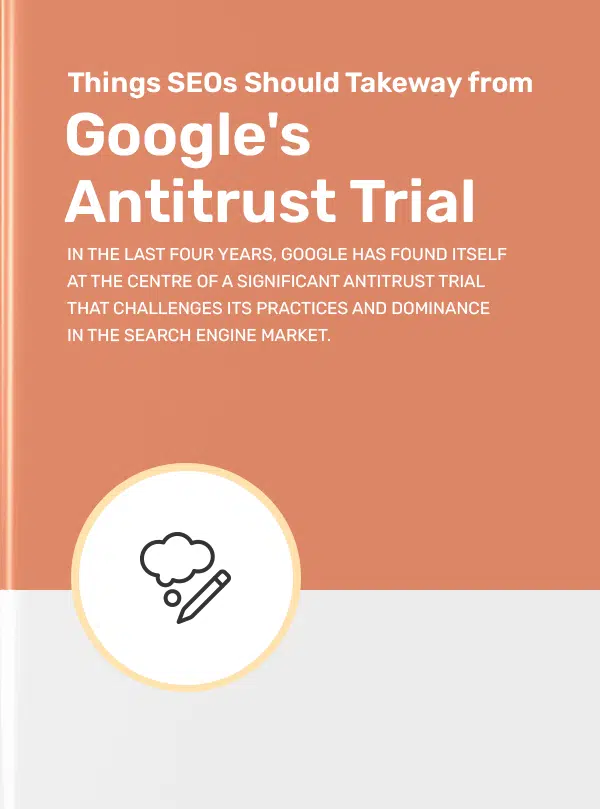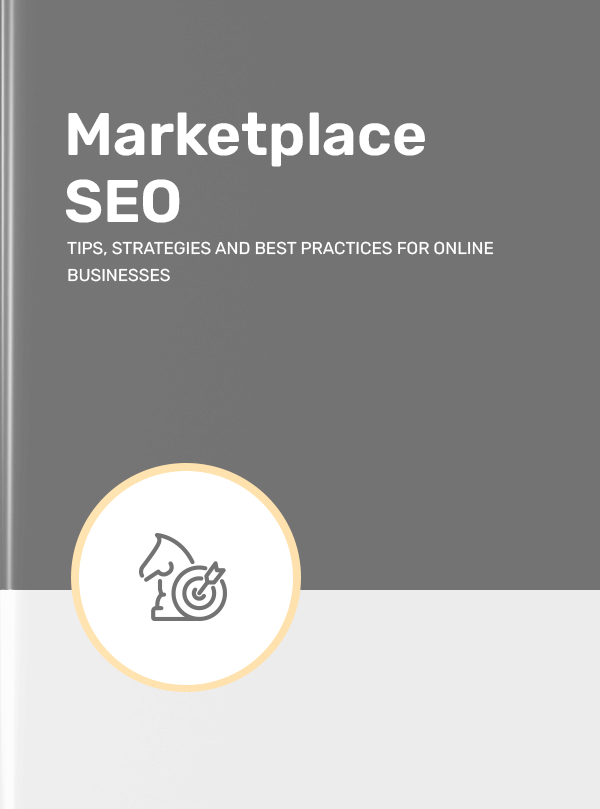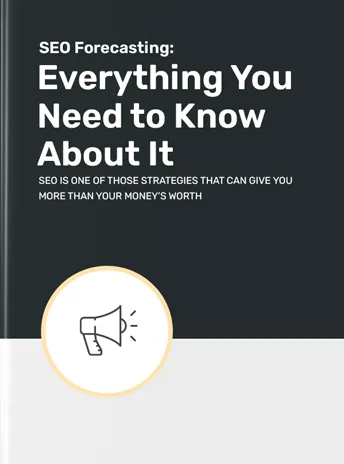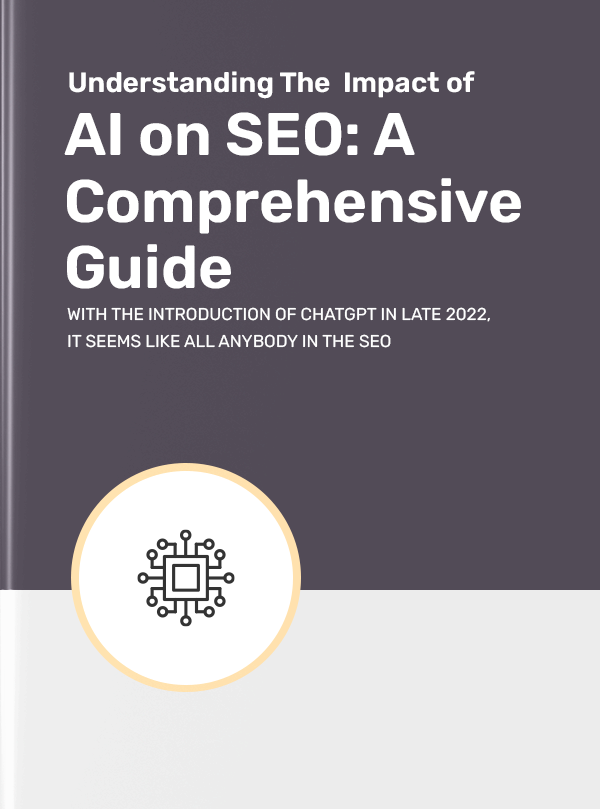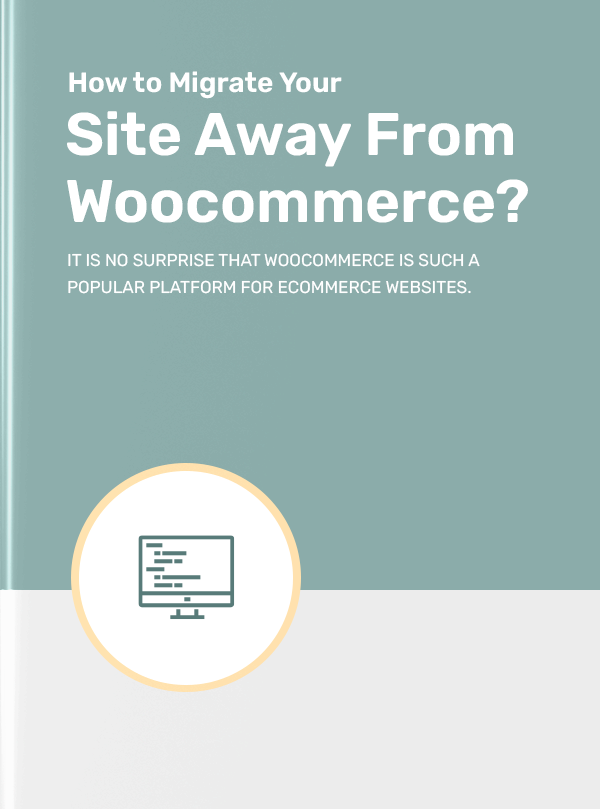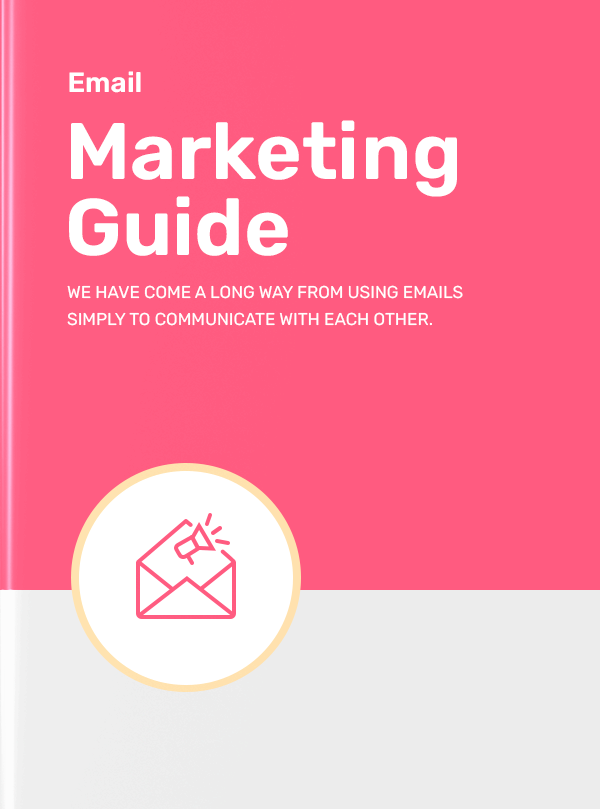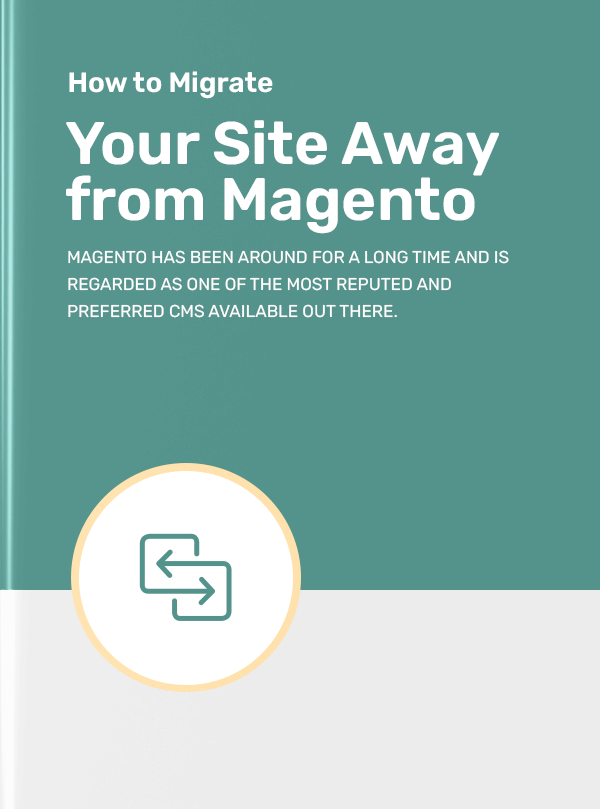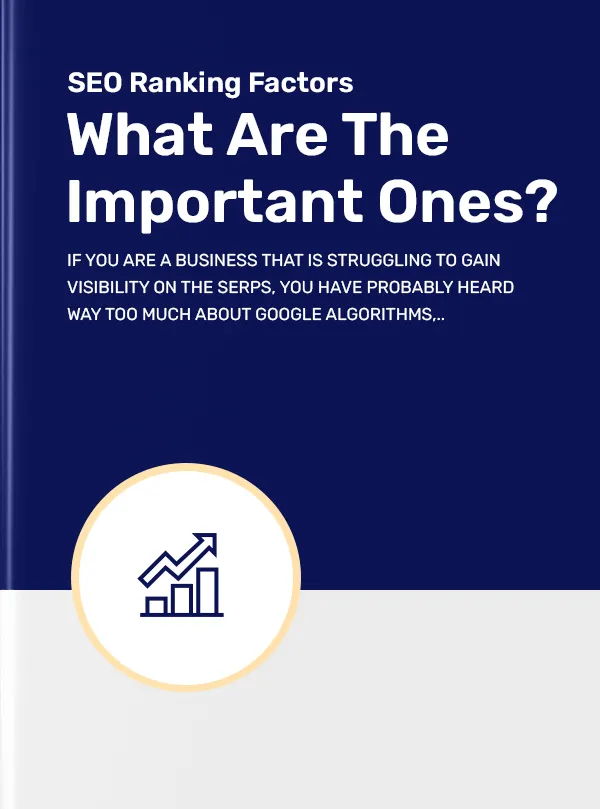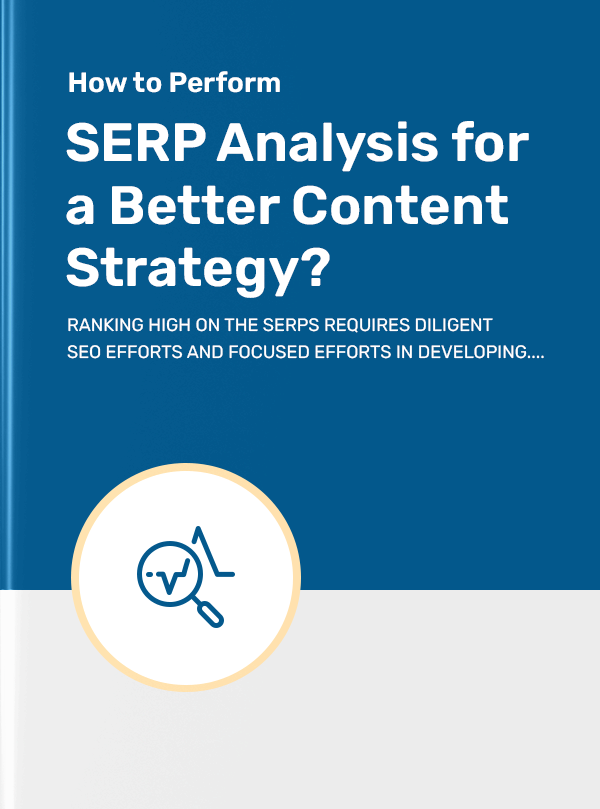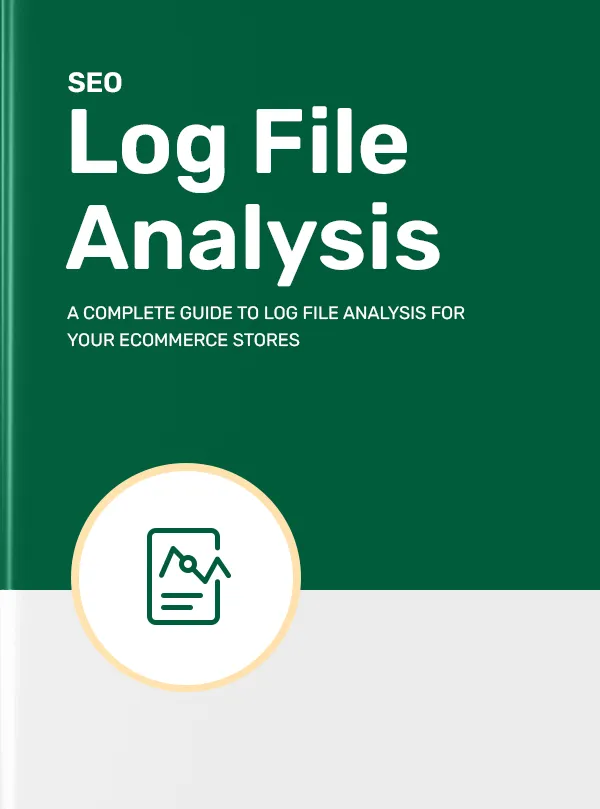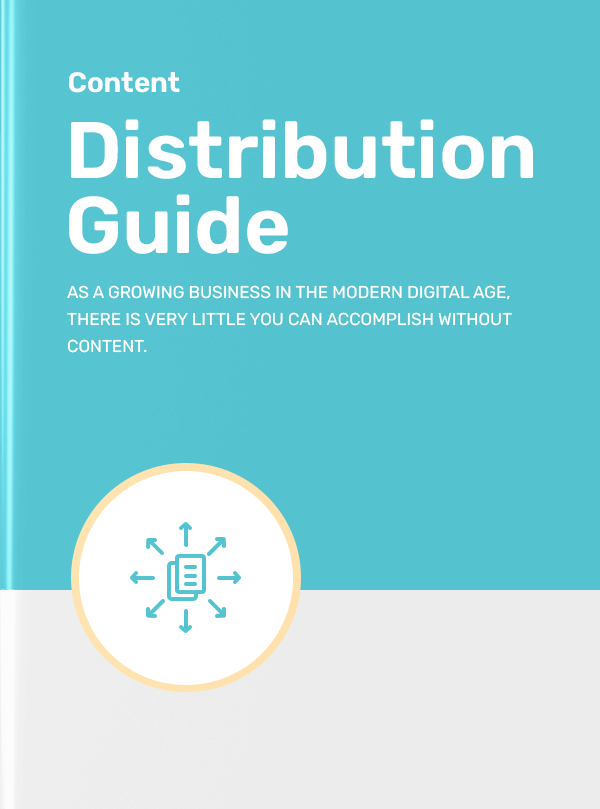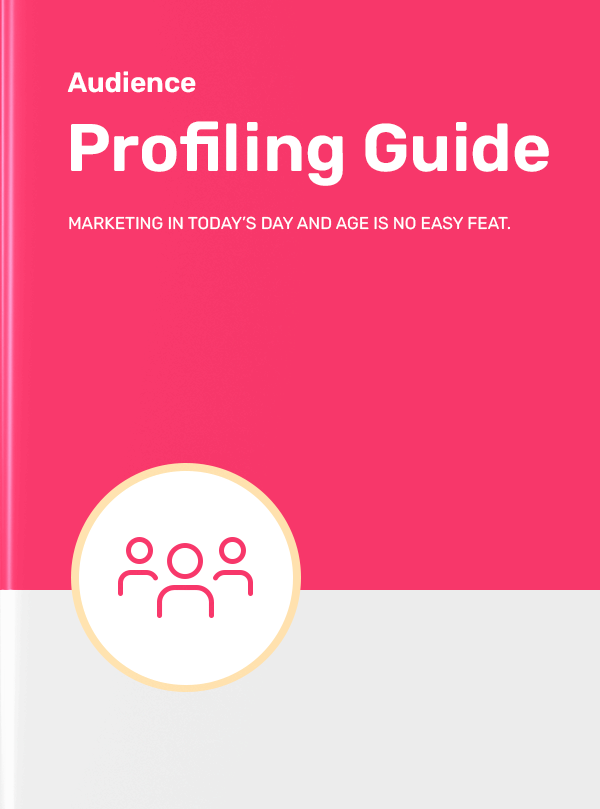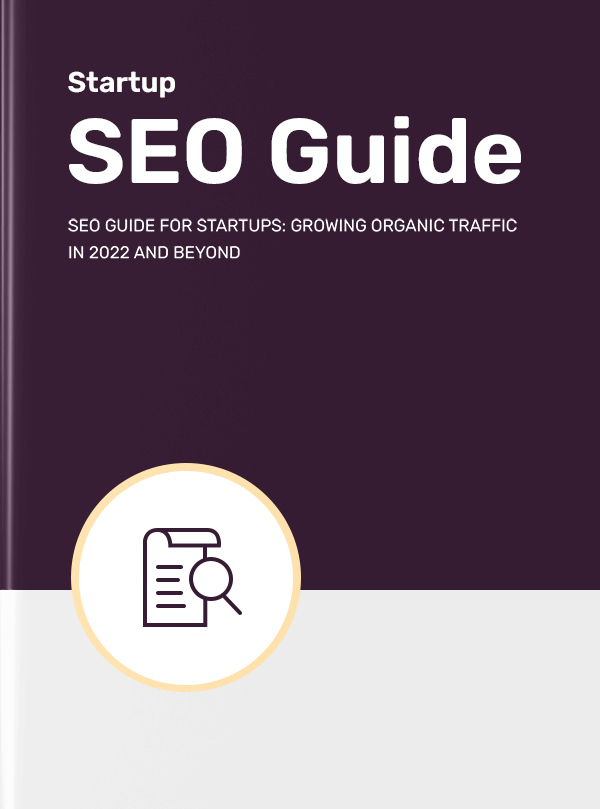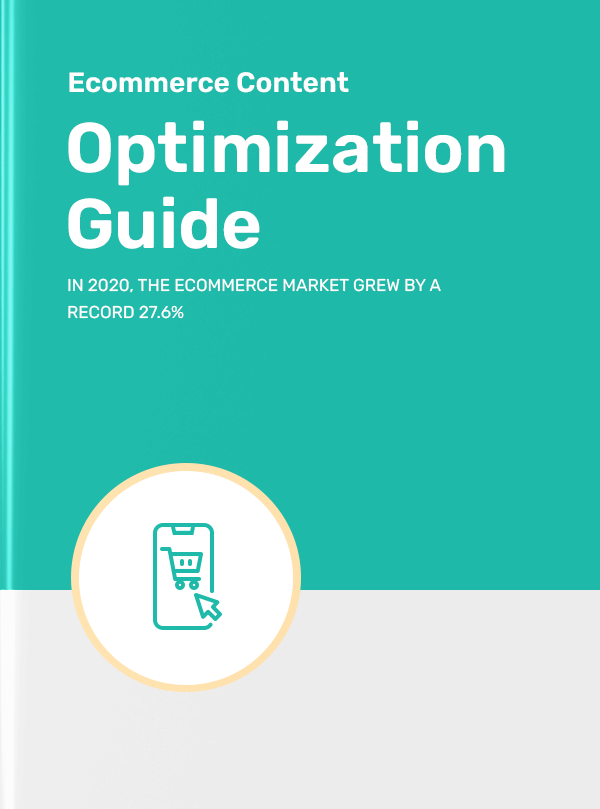Get a Free Seo Audit in Minutes
Get a Free Information Gain in SEO: Elevating Your Content Strategy SEO Audit in Minutes
SEO is one of those fields that just doesn’t stand still. Each year brings new challenges and opportunities for content creators and brands aiming to secure the top spots of the Google SERP.
Content quality, backlink profile, site speed, UX metrics, etc. are all factors that continue to play a crucial role in determining a site’s ranking.
But now, there’s a new kid on the block: information gain.
In this article, we’ll explore the concept of information gain, its impact on SEO, and how content creators can harness this concept to elevate their game and stand out from the competition.
Understanding the Foundation of Information Gain
Information gain, as it applies to SEO, is a concept derived from a Google patent (granted in June 2022) that suggests a shift in how search engines assess and rank web content.
Unlike traditional metrics that focus heavily on keywords and backlinks, the so-called “information gain score” evaluates the uniqueness and value of the content based on how much new information it provides to the user compared to previously viewed content.
This methodology aims to prioritise content that fulfils user intent by offering unique insights and perspectives not readily available elsewhere on the web.
Indirectly, its impact on SEO is significant, as it encourages creators to develop content that is not only SEO-friendly but also rich in originality and actual tangible value, thereby potentially improving their search engine rankings and user engagement.
Decoding Google’s Perspective on Information Gain
Google’s perspective on information gain is rooted in enhancing user satisfaction by delivering content that adds new knowledge or insight. The search giant has progressively updated its algorithms to favour content that meets the needs of users more directly and personally, which is where information gain comes into play.
By rewarding pages that provide new, relevant information, Google aims to improve the overall quality of content on the internet. This approach aligns with their broader goals of making search results more meaningful and directly useful to those who are seeking specific information.
Information Gain Scores and Their Role in Search Algorithms
Information gain scores are essentially Google’s way of quantifying how much a piece of content adds to the collective understanding of a topic. These scores likely influence how content is ranked in search results, with higher scores given to content that offers new information or insights that are not covered by other sources.
This scoring system is part of Google’s larger effort to understand and catalogue web pages not just by their keywords or links but by their actual content quality and utility. In practice, this means that SEO strategies must now consider not only how well content is optimised for search engines but also how well it satisfies and informs the user, potentially leading to a more informed and less repetitive web.
How to Calculate Information Gain Score
To calculate information gain scores for web pages, the process involves analyzing both existing and new pages. Here’s a simplified explanation:
- Data Collection: Extract comprehensive content from pages, including full text and key semantic representations like embeddings or feature vectors.
- Machine Learning Analysis: Input this data into a trained machine learning model. This model compares the new pages with previously analyzed pages to assess their uniqueness and relevance.
- Score Generation: The model produces an information gain score for the new pages, reflecting how much new, valuable information they are likely to provide compared to existing content.
- Result Application: Based on these scores, the most informative content is presented to users, aiming to maximize the new information they gain.
Information gain in SEO vs. in Machine Learning
Information gain in SEO and machine learning, although sharing a name, serve different purposes and operate on distinct principles. In SEO, information gain focuses on the value and uniqueness of content provided to users compared to existing web content. It emphasizes creating content that offers new insights or information not widely available, thus enhancing content quality and relevance in search results.
Conversely, in machine learning, information gain is a statistical property used to measure how well a feature splits a set of data into target classes, primarily used in decision trees. It helps determine the most informative features for splitting data at each node of a decision tree, optimizing the model’s classification process.
Understanding these distinctions is crucial for SEO professionals who aim to optimize content not just for algorithms, but for real user engagement and information provision.
Through these mechanisms, information gain is set to transform traditional SEO strategies, urging SEO marketers and creators to focus more on the substance and uniqueness of their content rather than on optimization for search engines. This shift is not just about being different; it’s about being better and more informative, thus serving user needs more effectively.
The Evolution of SEO: Beyond Traditional Methods
Popularised by Brian Dean, The Skyscraper Technique, once a staple in SEO for building high-ranking content by aggregating existing top content into a taller “skyscraper,” is facing a paradigm shift with the introduction of information gain.
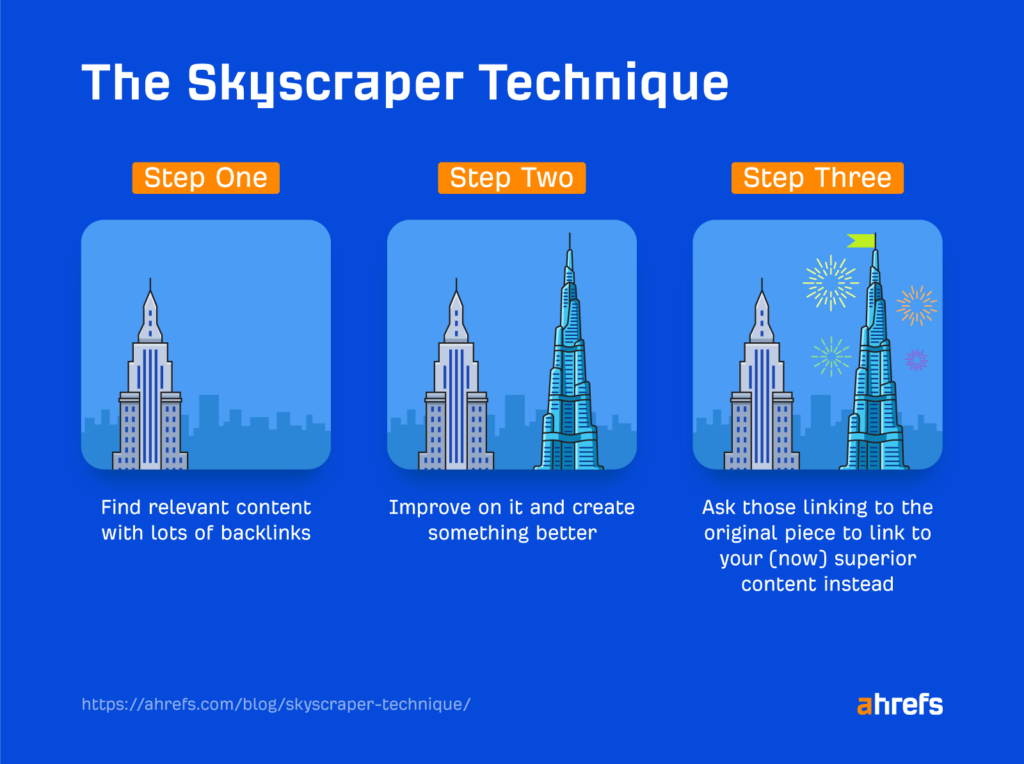
As Google increasingly emphasises originality and user satisfaction, the focus has shifted towards creating information-rich content that provides genuine value rather than merely regurgitating or compiling what already exists.
This shift challenges brands and creators to dive deeper into their topics and provide fresh insights not found elsewhere, thus enhancing the overall quality and depth of information available online.
Market Changes Demand a New Approach to Content Creation
In terms of all the content out there right now, it’s safe to say every niche is getting saturated and increasingly competitive.
At the same time, user expectations from brands and creators are also rising — nobody wants to see the same stuff again and again.
The modern audience demands quick access to precise and comprehensive answers within the first few clicks. Consequently, you must dig deeper continuously to cater to these evolving needs. This involves not just understanding what information is currently available, but also predicting and responding to emerging trends and user queries that have yet to be fully addressed.
In other words, it’s more important now than ever to focus on…
Content Gaps and How to Identify Them
Identifying content gaps is crucial for leveraging information gain in SEO. A content gap represents an area within a topic where information is scant or missing, offering an opportunity for creators to provide new insights that meet user needs.
To effectively identify these gaps:
- Use tools like Google’s Search Console to analyse which queries drive traffic but don’t fully satisfy the user’s intent (leading to a poor bounce rate and/or dwell time).
- Conduct a content gap analysis using Semrush or Ahrefs.
- Reviewing competitors’ content for questions that need to be comprehensively answered by existing materials can reveal valuable gaps.
- Engaging directly with your audience through email surveys or social media can also uncover unmet needs and provide direct insights into potential content expansions.
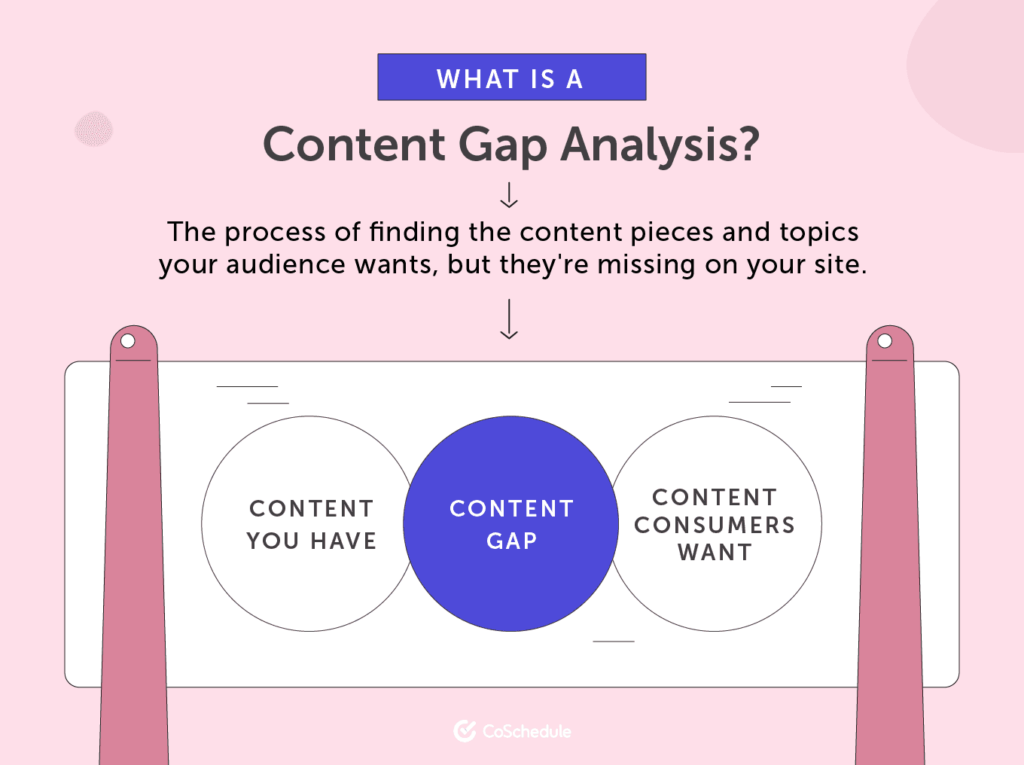
Crafting Content for Maximum Information Gain
Now that the concept of information gain in SEO is crystal clear, let’s look at some actionable ways to enhance your content’s information gain score.
For this, you need to think beyond the basic metrics of SEO and focus on the depth and uniqueness of the content you create. Here’s how:
- Start by analysing existing content on your topic to understand what has already been covered and then identify what key aspects are still unexplored.
- Utilise tools like Answer the Public or alsoasked.com to gather questions that real users are asking about your topic, and address these queries directly in your content.
- Audit and update old content with fresh, relevant information that reflects the latest trends and data, thus keeping the content both current and informative.
Overall, each piece should aim to add new knowledge to the topic at hand, not just reiterate what the other high-ranking pieces have already said.
To do this, consider the following seven effective approaches.
1. Integrating Original Research and Proprietary Data
If you conduct independent research and collect data on a relevant subject that can’t be found elsewhere, your content becomes the original source.
This immediately boosts the uniqueness of your content. Whether it’s original statistical analysis, survey results, case studies, or exclusive insights from internal company data, this type of content provides unique value to users and is thus favoured by Google as well.
For instance, if you run an eCommerce website, sharing insights from user behaviour on your storefront or case studies on your sales performance is a great way to share interesting content that can also be incredibly useful to your target audience.
2. Collaborating with Experts for Authentic Insights
Partnering with industry experts or thought leaders to source their experience-backed insights can elevate your content’s credibility and information gain score.
Interviews (over email, video, or in-person), expert commentary, or co-authored pieces bring diverse perspectives and deep expertise that enrich your content’s value. This approach not only bolsters the authenticity of your information but also cashes in on the experts’ authority and network, thus increasing your content’s reach and engagement.
Besides, expert contributions can provide complex insights into topics that are difficult for regular content creators to dissect alone, thus ensuring that your content can genuinely address intricate user queries, leaving them happy with their search experience and your brand.
3. Differentiating Your Content with Unique Value Propositions
Original research and expert insights are essentially your content’s unique value propositions (UVPs) that set it apart from others in the same niche.
Likewise, an innovative storytelling format (such as using interactive content), or a contradictory perspective on common knowledge can also differentiate your content from the pack.
Communicate these differences clearly at the beginning of your content to capture your audience’s interest right away. Additionally, visually distinct elements such as infographics and custom-branded graphics (like HubSpot below) can also distinguish your content in a sea of text-based articles.
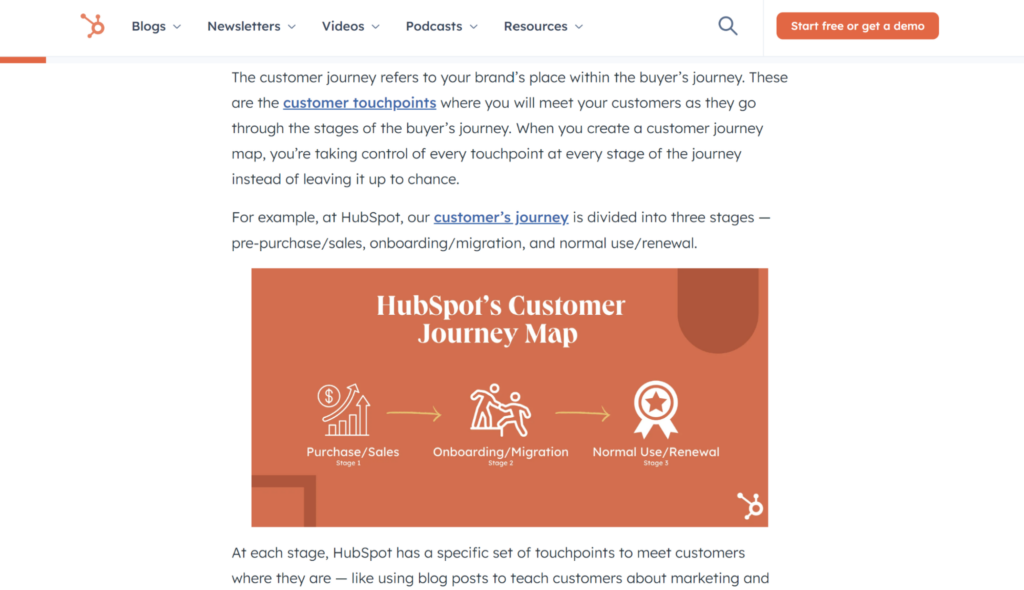
4. Mapping Content to the User Journey for Better Engagement
Your content can strike the right chord only if it aligns with its audience’s intent. As you know, users browsing on Google fall into different stages of the funnel — from awareness and consideration to decision and advocacy.
Each stage requires different types of content, such as: introductory posts for newbies, in-depth guides and analyses for those looking deeper, comparison content for decision-making, and user guides or community stories for post-purchase or engagement stages.
By tailoring your content to fit these stages, you can effectively guide a visitor from a casual browser to a loyal customer. This targeted approach not only increases the relevance of your content for different types of users but also enhances information gain, encouraging deeper engagement with your brand.
5. Content Marketing Adjustments for Improved Information Gain
Adjusting your content marketing strategy to focus on information gain involves more than just creating unique content; it requires a fundamental shift in how content is conceptualised and executed.
As mentioned in the previous tip, start by integrating more user intent analysis into the content planning phase — understand why users come to your site and what questions they need answered. Incorporate this data into your content creation process to ensure that every piece of content not only addresses these questions but does so in a way that provides new insights.
Furthermore, consider the structure and presentation of your content. Breaking down complex information into digestible, engaging blocks of information can also contribute to a higher information gain score by making the content more accessible and useful to users.
6. Analysing and Utilising Differentiator Keywords
Differentiator keywords are those that are uniquely relevant to your brand or niche but may not be highly competitive or overly common. Identifying and using these keywords can help you tap into niche markets and attract highly targeted traffic.
Use SEO tools like Ahrefs or Google Keyword Planner to discover keywords that are relevant but less saturated in your industry. These could include long-tail phrases and “People also ask” questions. Incorporating these keywords into your content not only helps improve search rankings but also enhances the information gain by tying the content closely to the specific interests and needs of your target audience.
7. Establishing Topical Authority through Silo Structuring
Topical authority is increasingly important in SEO, and one effective way to establish it is through silo structuring of your website content. This method involves organising your content into distinct categories or ‘silos,’ each focused on a specific topic area. Within each silo, content is interconnected through strategic internal linking that reinforces the theme and relevance of the silo.
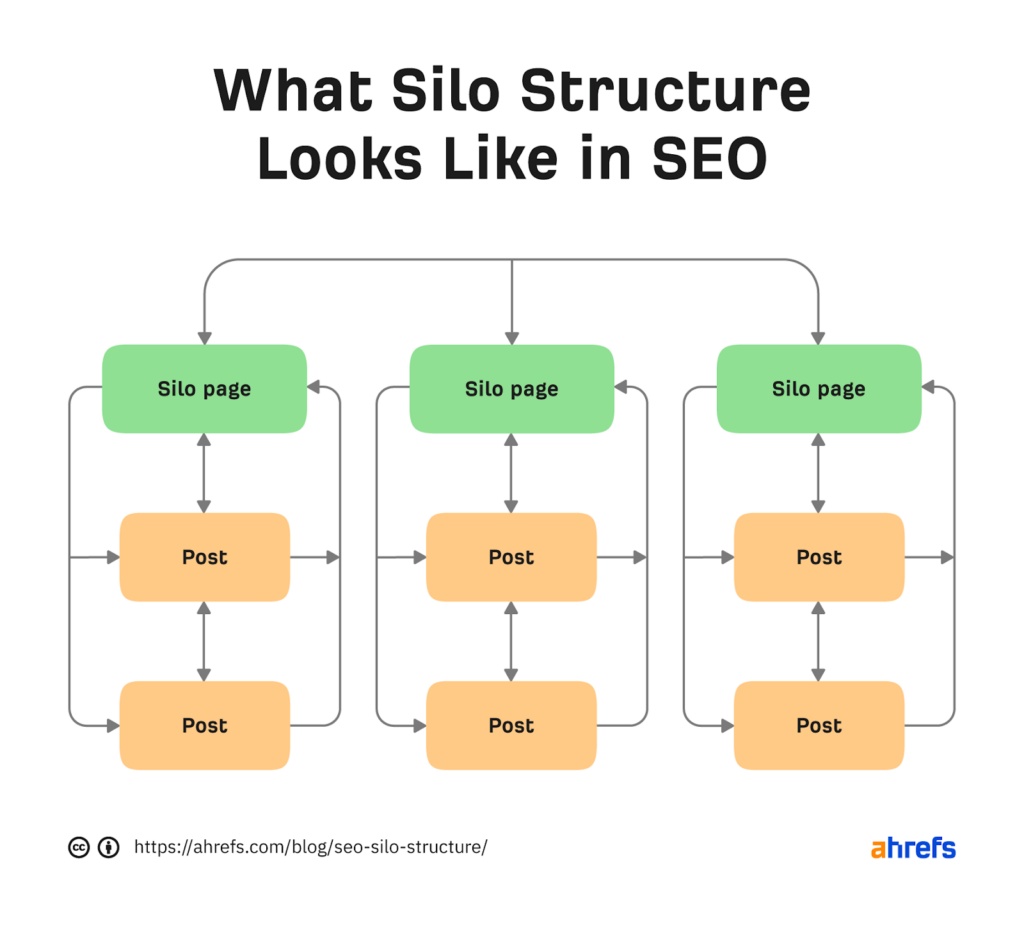
This structure not only helps search engines understand the scope and depth of your expertise in a particular area but also makes it easier for users to navigate and find related content, thereby improving the overall UX and boosting your site’s information gain.
Case Studies and Tools for Information Gain Analysis and Improvement
The concept of information gain isn’t novel: there are many successful implementations of information gain techniques by companies that have realised the benefits of investing in creating unique content.
For example, Ahrefs focuses its content marketing on delivering unique, data-driven insights. This takes the form of detailed tutorials, templates, and original industry analyses that aren’t just comprehensive but include unique data and perspectives, setting their content apart in a crowded niche.
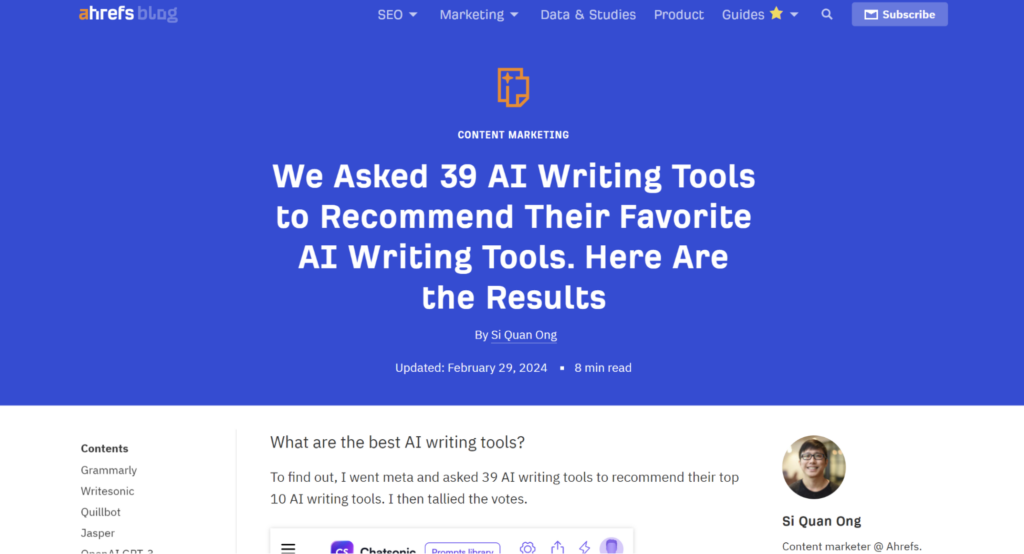
Another case in point is Zapier. The popular automation platform approaches its niche with deep, technical content that addresses tricky topics within the automation space. Their approach to filling content gaps with unique, detailed tutorials and integration guides has helped them stand out in a competitive market, boosting their authority and organic search rankings.
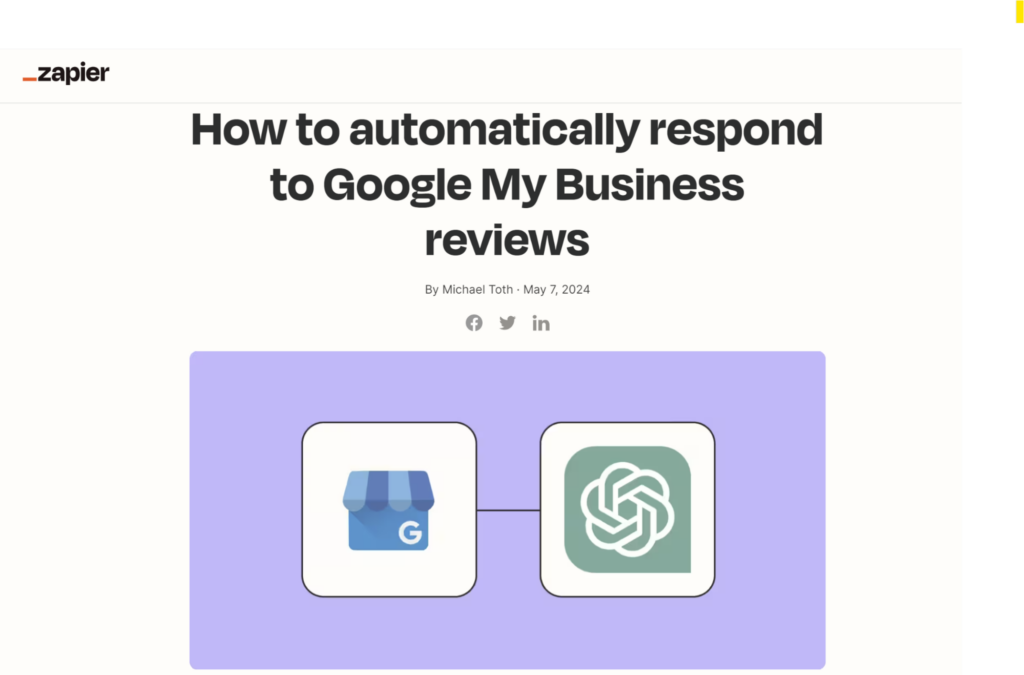
The good news is, there are specific tools that can help improve the information gain of your content. Check out these couple of tools:
1. Reddit Insights
Reddit Insights is a keyword research tool tailored for exploring and analysing content trends on Reddit. It scrapes and organises questions from specific subreddits related to chosen keywords, helping users identify common inquiries and topics of interest.
The tool groups similar keywords for deeper insights, facilitates the discovery of unique content ideas, and provides community-driven insights to better tailor content strategies. It offers free access, maintains user privacy, and does not store sensitive information.
2. Google Forum Search Bookmarklet
Our free Google Forum Search Bookmarklet enhances Google Search by enabling you to directly access and filter forum-based discussions from various community platforms like Reddit and Hacker News. This is particularly useful for uncovering user-generated content, diverse opinions, and community-driven solutions efficiently.
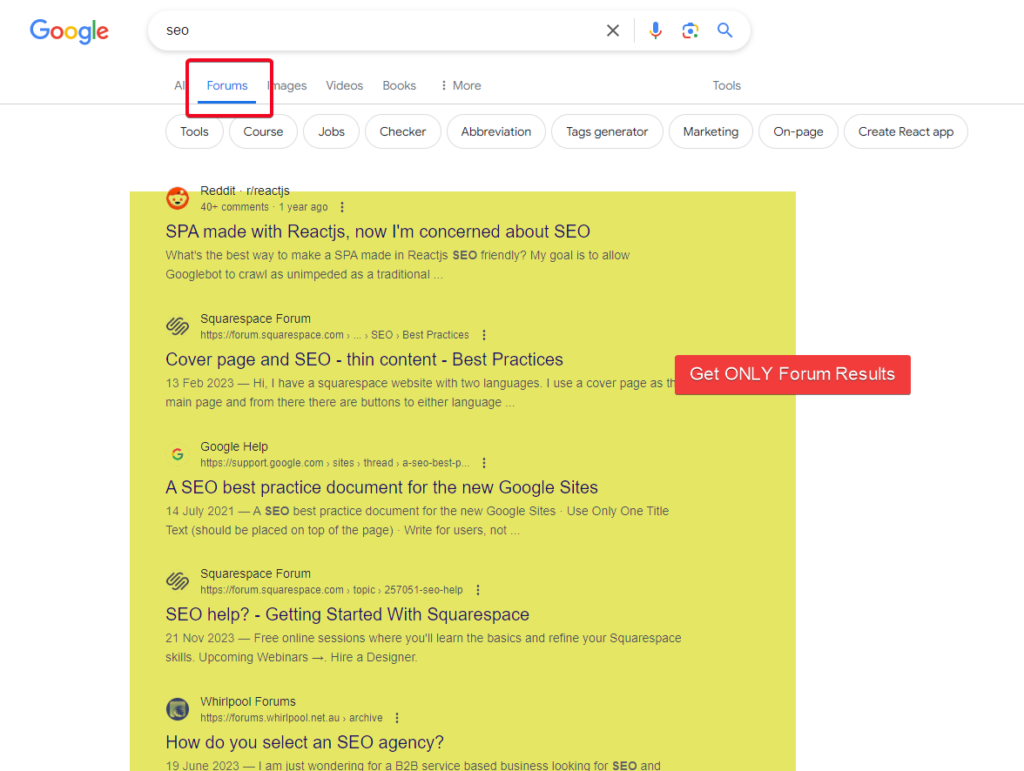
For SEO marketers, it provides valuable insights into trending topics and user queries, which can significantly aid in shaping your content strategy and keyword discovery from an information gain perspective.
The Future of SEO with Information Gain
As Google continues to refine its algorithms, the emphasis on information gain significantly alters the dynamics of SERP competition. With a growing focus on content uniqueness and value, websites that can consistently provide new insights and comprehensive answers to user queries are likely to rise in rankings.
This shift could level the playing field, allowing smaller sites that offer unique, high-quality content to compete more effectively against larger, more established sites that have traditionally dominated search results through sheer volume and backlink profiles. Consequently, we may see an increase in content diversity and quality on the first page of search results, as search engines get better at identifying and rewarding content that genuinely enriches the user’s knowledge.
Moreover, the role of information gain extends beyond just improving individual content pieces — it also plays a crucial part in customising user search experiences. As information gain helps search engines understand which content provides new and valuable information, it can also be used to tailor search results more closely to individual users’ needs and search histories.
This could lead to more personalised search experiences where the content a user sees is dynamically adjusted based on what they have previously found useful or interesting. Such personalised experiences not only improve user satisfaction but also encourage deeper engagement with content, as people are more likely to find new information that is relevant and compelling.
In these ways, information gain underscores the shift from a one-size-fits-all approach to a more nuanced and user-focused search strategy, which could fundamentally change how we interact with search engines and discover content online.
Need help with improving your technical SEO and information gain score?
Get in touch with us. Our team of experienced SEO specialists and content marketers has helped businesses across Australia take their organic search performance to the next level.
FAQs
Q. What is gained information in SEO, and why is it important?
A. Gained information refers to new and unique insights that a piece of content offers compared to what is already available online. In SEO, it’s crucial because it helps content stand out to both search engines and users by providing fresh perspectives or solutions not readily available elsewhere.
Q. How can you calculate information gain for SEO purposes?
A. To calculate information gain in SEO, you assess the uniqueness and value of the content. This involves analysing whether the content provides new knowledge or insights beyond what’s typically found in top search results for similar topics. Content analysis tools and SEO audit software can assist in evaluating these aspects.
Q. What are information gain scores, and how do they influence SEO?
A. Information gain scores measure how much new and relevant information a content piece contributes within its topic domain. High scores can positively influence SEO by improving the content’s visibility and ranking on search engines, as they prioritise content that effectively meets user intent with unique and valuable information.
